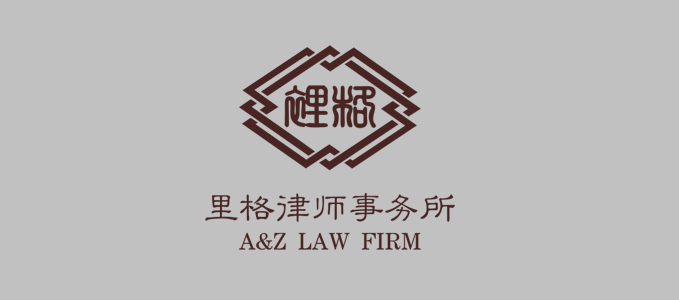Seven Things Foreign Investors Need To Know About ICP
Seven Things Foreign Investors Need To Know About ICP

Seven Things Foreign Investors Need to Know about ICP
Claire Gu
European-American Desk
The internet has gained great momentum in China, and many companies are now hoping to expand their markets by taking advantage of this surge. Numerous licenses and lengthy procedures, however, have resulted in investors, especially foreign investors, landing themselves in sticky situations. The following article will help start-ups to tease out relevant laws and regulations that will be applicable to them.
1. What is ICP
According to the Catalogue of telecommunications services (2015 Version) 《电信业务分类目录(2015年版)》, telecommunications businesses in China can be split into either basic telecommunications or value-added telecommunications. Value-added telecommunication licenses refer to licenses that are necessary for foreign companies conducting business that is classified under “value-added telecommunications businesses”.
It is noted that there are 26 various categories under “value-added telecommunications business.” ICP (Internet Content Provider) belongs to one of these categories and is related to internet content services, meaning the license holder can only conduct business within the scope stated in the license, as permitted by law.
2. ICP Filling VS. ICP License
In accordance with Chinese laws, internet information services are divided into two categories: profitable and non-profitable internet information services.
The profitable internet information service category refers to the service charge related to the payment of content information delivered online by web users, or for web page design, among other services.
Non-profitable internet information service refers to services that are free of charge, for instance, public or common information shared through the internet amongst web users.
The State has established a licensing system for the profitable internet information services category [meaning companies must obtain an ICP License] and a filing system for the category of non-profitable internet information services [meaning companies must file its information so that it is on record, including but not limited to accounting data, company reputation proof, and personnel].
Anyone who does not obtain a license for profitable internet information services or put their files on record in the case of non-profitable Internet information services, must not be engaged in such activities.
3. ICP Filling is the prerequisite of an ICP License
Prior to the ICP License, companies were expected to file their record under the Communication Administration. Internet information service providers were also expected to post their Operating Permit numbers or record-filing numbers in a clearly visible place on the homepage of their websites.
4. You Need an Access Provider
Unfortunately, in relation to applications for filing, it may be necessary to first pay a mandatory fee to an Access Provider (接入商) as, in some cases, companies are prohibited from applying for themselves.
5. Eligibility for the ICP License
With regard to the feasibility of a WFOE (Wholly Foreign Owned Enterprise) executing a profitable internet information service: this is not possible as WFOEs are prohibited by law from doing so.
With regard to the feasibility of a JVC, JVs shall meet the provisions as follows:
- Must only be in the form of a sino-foreign equity joint venture;
- The foreign investors shall hold no more than a 50% equitable interest;
- Shall have a registered capital of not less than one million RMB when conducting business within a province, autonomous region, and municipality directly under the Central Government;
- Shall have a registered capital of not less than ten million RMB when conducting business across China or cross-province, cross-autonomous region, and cross-municipality directly under the Central Government.
It is important to bear in mind that even where a JVC meets all the above requirements, the application of an ICP License may encounter an available-but-not-approved problem.
6. Special Approval Procedure
If planning to provide internet information services in the areas of news, publication, education, medical treatment, health care, medicine, medical devices, culture, radio and television programs, etc. it is necessary (if required by any law, administrative regulation, or any other relevant provisions of the State) to be verified and receive permission from the relevant administration department. It is necessary to submit the relevant consenting documents to the appropriate administration department for the provincial telecommunications administration official, at the location of its residence, in addition to undergoing the procedures for archiving.
If planning to provide electronic bulletin services, when undergoing the procedures for archiving, it is necessary to submit the special materials of the electronic bulletin services for archiving to the provincial telecommunications administration at the location of its residence.
7. Overseas Server: An exception?
Many companies wish to bypass regulations through the use of an overseas server. It is noted that if it is requested to change the scope of the business to “Internet Information Service”, some authorities may order the company to first obtain an ICP/EDI and subsequently change its business scope pursuant to the content stipulated in the license. However, some foreign-owned enterprises may not be qualified to meet the requirements for obtaining the licenses and in reality it prevents the foreign-owned enterprise from taking any short-cuts.
The government intends to utilise these strategies to ensure the strong and orderly development of information services.



